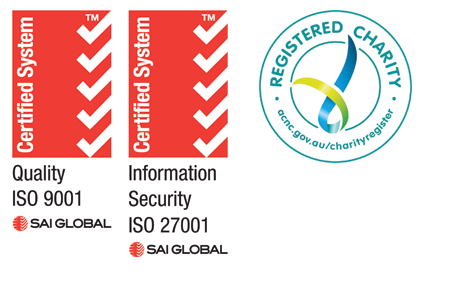When disaster strikes: NWMPHN and emergency management
By Andrew Masterson
Emergencies that require a health response are, by their very nature, unpredictable in timing, complexity and scope.
Responding to them when they occur in, or impact, the NWMPHN catchment is very much part of the organisation’s scope. For this reason, it is vital that we have a clear and viable protocols and processes to guide and govern our responses to disaster.
To ensure its continued relevance, NWMPHN’s Emergency Management Framework this year underwent a comprehensive review and adjustment. The framework defines how the organisation works with governments and service providers to activate responses to emergencies at local levels.
One element of the review was to assess our partnership role in planning and responding to emergency management for our region as framed by federal and state emergency management plans and directives.
Some relatively recent real-world emergencies that affected the catchment were:
- the Maribyrnong river flood (2022)
- the COVID-19 pandemic (2021-2023)
- a fire in an apartment block in Southbank (2017)
- a fire at a tyre storage depot in Broadmeadows (2016)
- the thunderstorm asthma event of 2016.
In each of these, NWMPHN partnered with general practice, pharmacy, community health, community mental health providers and hospitals.
In addition to clarifying our role over the short or long term in these events, the updated framework also highlights the impact of climate change on negative health impacts.
The framework outlines internal and external capabilities in the event of an emergency situation. And while, of course, exact measures are contingent on the nature of the emergency itself, there are overarching principles that come into play in any scenario.
This year NWMPHN published a series of information sheets for general practice which provide practical advice for general practices and other primary care facilities impacted by natural disasters.
Our Primary Health Care Improvement unit carries significant responsibility for establishing partnerships with the primary care sector in order to prepare for, respond to, and drive recovery from emergencies.
However, emergency response preparedness is a fundamental quality that informs our major role in commissioning health services across our region.
When disasters or emergencies occur, NWMPHN’s established communications networks and skills becomes of paramount importance. Providing time-critical information to primary care providers and communities about responses and resources can and does save lives – something that became very apparent as the organisation led the regional response to the COVID-19 pandemic.



